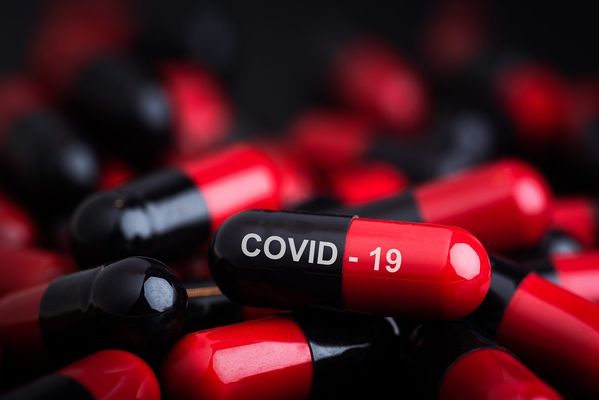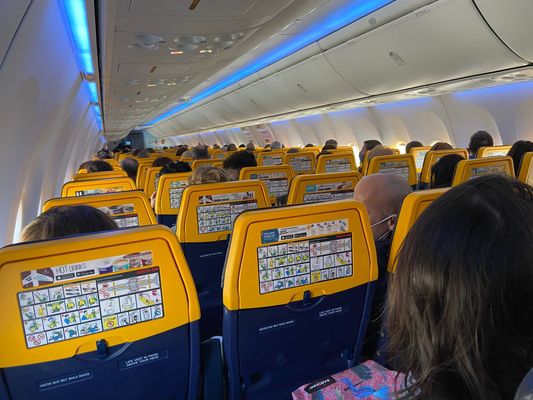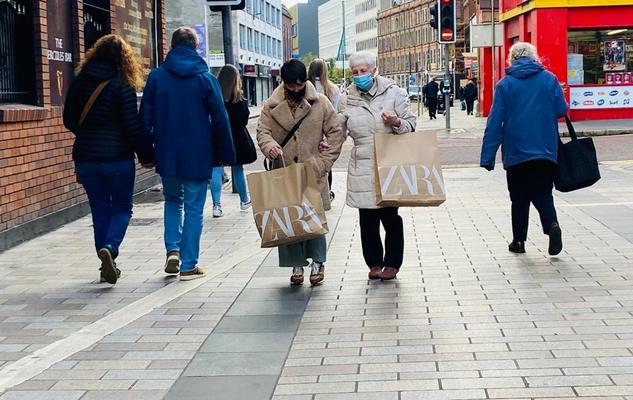As of this morning (Wednesday), we have 81 new cases of Covid-19 but no cases in Intensive Care. Over £6.2 billion has been spent on the pandemic with £1 billion by the Department of Health and the rest, broadly, on the economy (furlough scheme etc).
The growth in the number of people not keeping their vaccination appointments may be a sign of vaccine hesitancy for whatever reason. In Italy they are employing disc jockeys in vaccination clinics to encourage young people and in China they have started to vaccinate three year olds.
More than 1,000 people have been tested in Kilkeel and it is thought that nine probable cases of the Delta variant were detected there. A further 15 cases were detected as a result of enhanced asymptomatic testing which targeted neighbourhoods within the area. A total of 54 new cases have been reported in the north. Kilkeel High School has undergone a deep clean.
Vaccine hesitancy refers to a delay in acceptance, or refusal, of vaccines despite the availability of vaccine services. It is complex and context specific, varying across time, place and vaccines.
It is influenced by factors such as complacency, convenience and confidence. Among the hesitant are the ‘anti-vaxxers’, however not all hesitants are against vaccination.
The term encompasses outright refusal to vaccinate, delaying vaccines, accepting vaccines but remaining sceptical about their use, or using certain vaccines but not others. (Our video clips show a May 2020 Ormeau Park protest against Covid lockdown and vaccination policy.)
It would be hard to analyse the reasons for public disorder in Dublin over their bank holiday weekend but one of the factors might be anti-vaxers or those who are against coronavirus vaccination.
We have had our own problems with crowds flouting public health advice. Only 59 per cent of respondents in New York said they would get a vaccine and 53 per cent would get it for their children. With successive surveys, these numbers have gotten smaller.
In 2019, the WHO named vaccine hesitancy as one of the top ten threats to global health. This assertion was made after measles outbreaks with vaccine uptake falling below 85 per cent from the targeted 95 per cent.
Accusations have ranged from alleged links to 5G masts to claims that Bill Gates is using vaccination to microchip the population.
There was also a false story that one of the first Oxford volunteers had died of complications of the vaccination. The words spread by social media using it to amplify its message and target those who are unsure about vaccines, particularly parent groups.
A survey of Facebook found 145 ads featured anti-vaccination sentiment.
Katherine O’Brien Director of Immunisation at WHO retorted: "Vaccination isn’t just an individual choice; it protects those who can’t be vaccinated."
Anti-vaxxers pose an existential threat to the work done by sciences in turning the tide against the pandemic. They are the monster hiding under all our beds.
US Infectious Disease expert Dr. Paul Offit has stated that vaccines are our way out of this pandemic and if we are scared of vaccines there is no way out.
Nevertheless, vaccine scepticism is on the rise. The real fight is not just with Covid but between science and ignorance.








